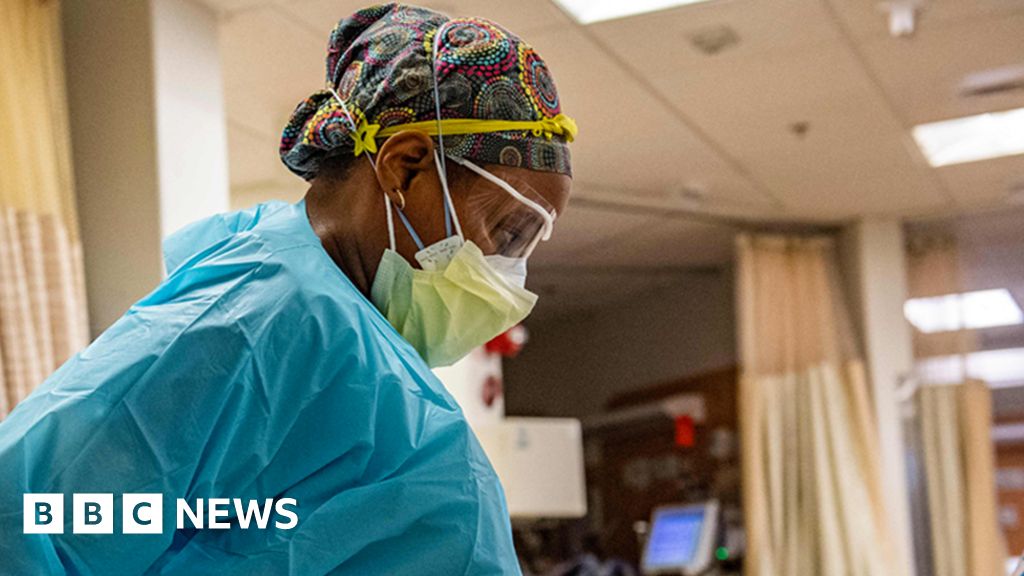What am I missing in this article? The included graph shows every country on a similar trajectory. It ponders why the USA is doing the worse, but isn't it kind of obvious? Lower vaccination rates and general behaviour to suggest people just aren't taking COVID precautions like they used to.
View attachment 613732
"Professor David Larsen, an epidemiologist and global health expert at Syracuse University in New York, told the BBC that the US population is markedly different from that of both Europe and South Africa.
"We have an older population than South Africa. That's a big one," he said. "[The US] is kind of similar in age structure to Europe. But there's also a less healthy population than in Europe."
As examples, Dr Larsen noted that rates of hypertension and obesity - both of which are comorbidities that increase the risk of Covid - are higher in the US than in most other countries.
Dr Larsen added that "it's incredibly frustrating" to hear Americans downplay the ongoing threat of Omicron and believe that, like South Africa, the US may soon emerge from the current surge.
"The seasonality is also different," he said. "Omicron's surge through South Africa was during their summer, and it's hitting us in winter when we know more people gather indoors and there's more transmission…it's going to be bad."
Dr Mark Cameron, an associate professor in the department of population and quantitative health sciences at Case Western University in Ohio, told the BBC that he believes the US is suffering from "a perfect storm" of Covid-19, comorbidities, uneven access to healthcare and hostility to vaccines, masks, and other preventative measures.
"When all of that 'perfect storm' nature of vulnerabilities that are unique to the US combine, you've got an outbreak of the virus that can quickly lead from increased cases to increased hospitalisations, which tax the local hospitals and health community.""

